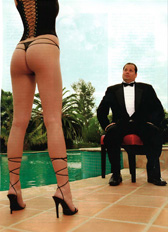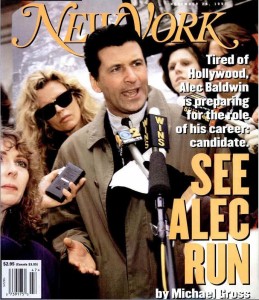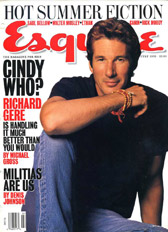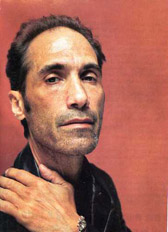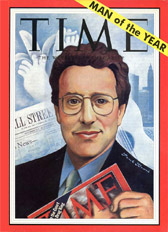
The late Dominick Dunne’s touching last novel, the new roman a clef, Too Much Money, revisits characters from his earlier People Like Us, many of them familiar to followers of New York society in the last three decades, but the book is still full of surprises. Page Six has already revealed the biggest — Dunne’s admission (via his fictional stand-in, Gus Bailey) to being, as he puts it, a celibate gay man. But media-watchers may be more interested in the not-so-veiled portrait Dunne paints of his relations with Vanity Fair magazine (which excerpts the book in its new issue) and its owner, Conde Nast, in the last years of his life. Vanity Fair becomes Park Avenue in the novel, Conde Nast, a wing of the Newhouse family’s Advance Publications is transparently portrayed as Forward, VF editor Graydon Carter as Stokes Bishop, and Conde Nast’s head, S.I. “Si” Newhouse, Jr., as Hy Vietor. Insiders knew at the time that Dunne’s long, career-making real-life relationship with VF grew shaky — and almost ended — after he was sued by the congressman Gary Condit (Kyle Cramden in the novel) for repeating unchecked gossip about him on a broadcast unrelated to his work for Vanity Fair. In his fictional rendering, Dunne indicates that Conde Nast, though then still flush with bubbly-economy funds, did not quite live up to its initial promise to stand foursquare behind him. True or not, Dunne’s regretful telling of this fraught and devastating period in his life is a cautionary tale for journalists, particularly now, when once mighty media giants are being cut down to size. Dunne’s generous spirit pervades the account, but doesn’t blunt its edge.

